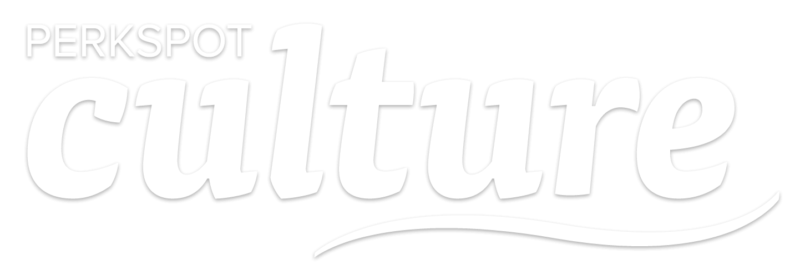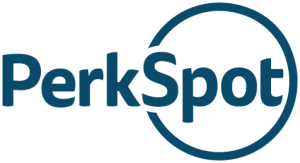Hygge at the Office
If you’re into wellness you may have heard about a new trend called Hygge. According to the Oxford Dictionaries, Hygge (pronounced hue-guh not hoo-gah) is “a quality of cosiness and comfortable conviviality that engenders a feeling of contentment or well-being (regarded as a defining characteristic of Danish culture)”. What is a seemingly simple word has become a lifestyle for many as they seek to incorporate this sense of balance in their everyday life.
As we start 2018, it’s fitting to start off on a note of positivity and balance. What better way to do that than by adding Hygge into our mantra for the new year.
Here are a few ways we’re cultivating Hygge at work:
Make your space your own.
Whether you’re always on the go or sit stationary in a cubicle, make your workspace your own by adding pictures of loved ones to your dashboard or adding plants to your desk. PerkSpotter Frank added a cactus to his desk, which is proven to reduce stress, increase productivity, improve air quality and more.

Make your lunch break count.
It can be easy to get caught up in your endless list of to-dos, but don’t forget that moments of space and rest can provide meaningful restoration for what’s ahead. Take time to break. Savor your food and enjoy the moments of stillness. Our fellow PerkSpotter, Karla (@eatingwithkarly) takes pride in every meal she creates and even posts her food prep on instagram to share. We love seeing the detail she takes in making her lunch every day. Just one of many ways Karla inspires us here at PerkSpot.
Make meditation part of your day.
You’ve heard it before and we’ll say it again: practice mindfulness. Take two minutes to stop and breathe. Maybe you start a routine every hour on the hour. Maybe it’s just once in the morning and once in the afternoon. But by taking time to stop and clear your head, you’re on your way to a more positive frame of mind. Nick and Dan, pictured below, are taking time this morning to stop and breathe. They said they already felt more Zen.

Make moves.
Try sitting in different areas of your office or walking around the neighborhood. Moving around, especially in the colder months, is vital to keeping your blood flowing and your mind working. Take a moment to try out different spaces whenever you can. PerkSpotter Zach B. loves stealing time in the lounge to focus on the latest tech project up his sleeve.

These are a few simple ways we’re incorporating Hygge at PerkSpot. How will you find balance in 2018?
Looking for more tips for the workplace? Subscribe to culture to get insights delivered directly to your inbox each month!

 Discount science is an understudied topic, but we think it’s an important one! From keeping employees’ happy to saving them valuable time and money, the evidence is clear.
Discount science is an understudied topic, but we think it’s an important one! From keeping employees’ happy to saving them valuable time and money, the evidence is clear. 





